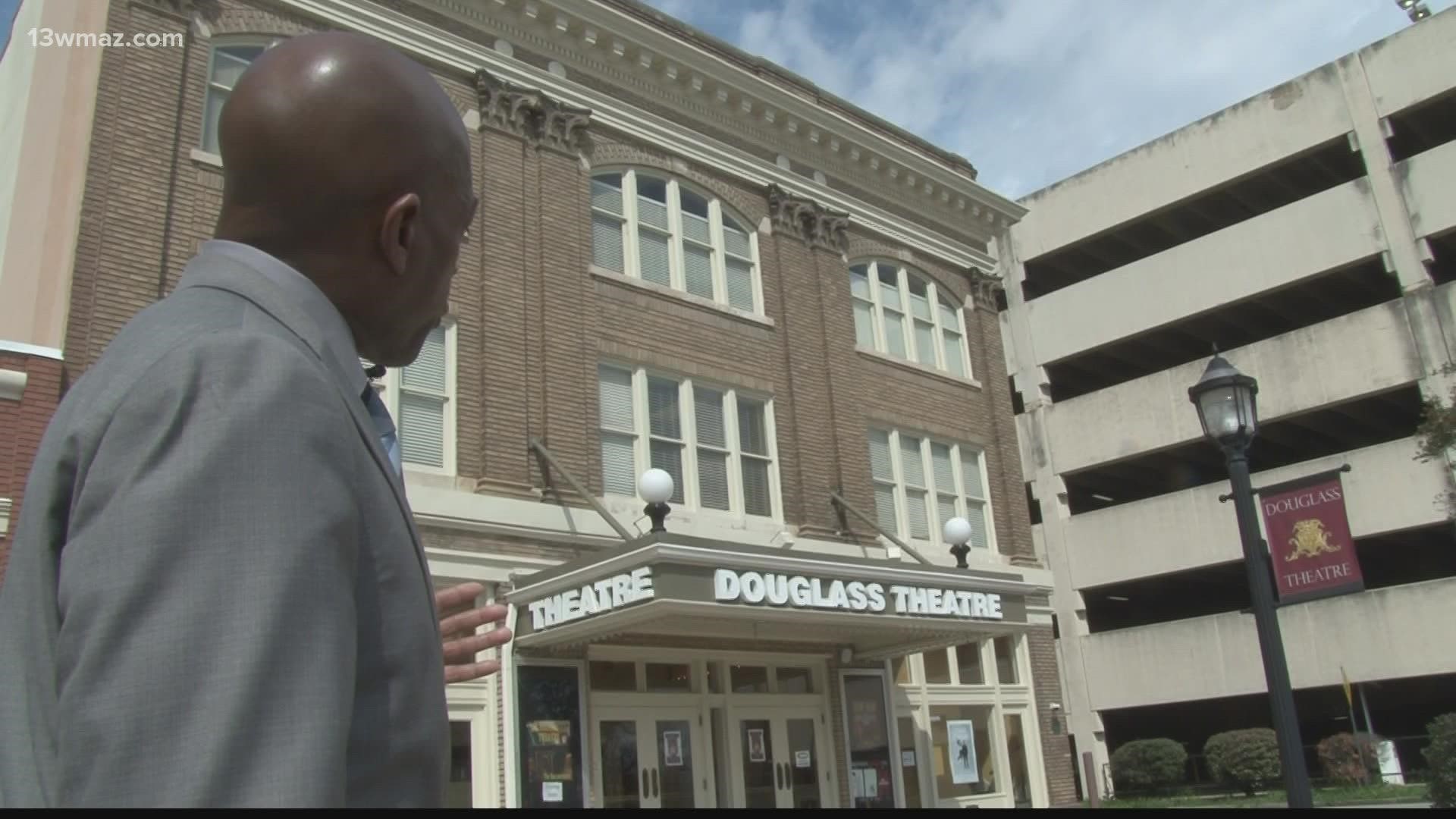MACON, Ga. — A Bibb County native is offering tours that honor Macon's African-American history.
All throughout Macon are buildings, monuments, or maybe even a sign similar to the "Colored waiting room" sign in downtown that are memories of the past -- some good, some bad, and some hidden masterpieces built by Black artisans.
Macon mom Danielle Moore is teaching her children about Black history, even at their very young ages.
"Do you remember the books we read and one of them was about Martin Luther King? Remember he wanted to get ice cream at the ice cream parlor?" she asked her two kids. "Was he able to do that? Why?"
"No, because he was Black and they were white," the kids answered.
For Maconite Rit Mulashia, the history is eye-opening.
"The thing about the history, it's quite shocking reading it online, but standing here noticing it in person, it's just a different level of how messed up it was," Mulashia said.
Many people react in the same way as Mulashia when seeing the "colored waiting room" sign at Macon's terminal station, which dates back to the time when the old train station was built during the Jim Crow era a century ago.
Landmarks like this are why George Muhammad started his Macon Black History tour 18 years ago.
"You feel a lot of sadness, some degree of anger, and a strong reality of what this country has been about when you look at this," Muhammad said.
Muhammad's goal is not only to reflect on the past, but to keep the legacy and history of Black stories alive.
From the Douglass Theatre to Poplar Street, Muhammad is dedicated to uncovering the Black history of Macon's past.
"For the community it was a refuge, a place where you can come away from this world of humiliation and torture and fear, and it's a cultural jewel for the community. As time has gone on, it's opened up to many different types of people," Muhammad said, speaking about the Douglass Theatre.
He also elaborated on the past reality of Poplar Street, saying, "This was a place of selling goods, but also, very notably, it was a place of selling enslaved Black people."
Muhammad continues to uncover Macon's history by reaching out to descendants of those once enslaved here.

